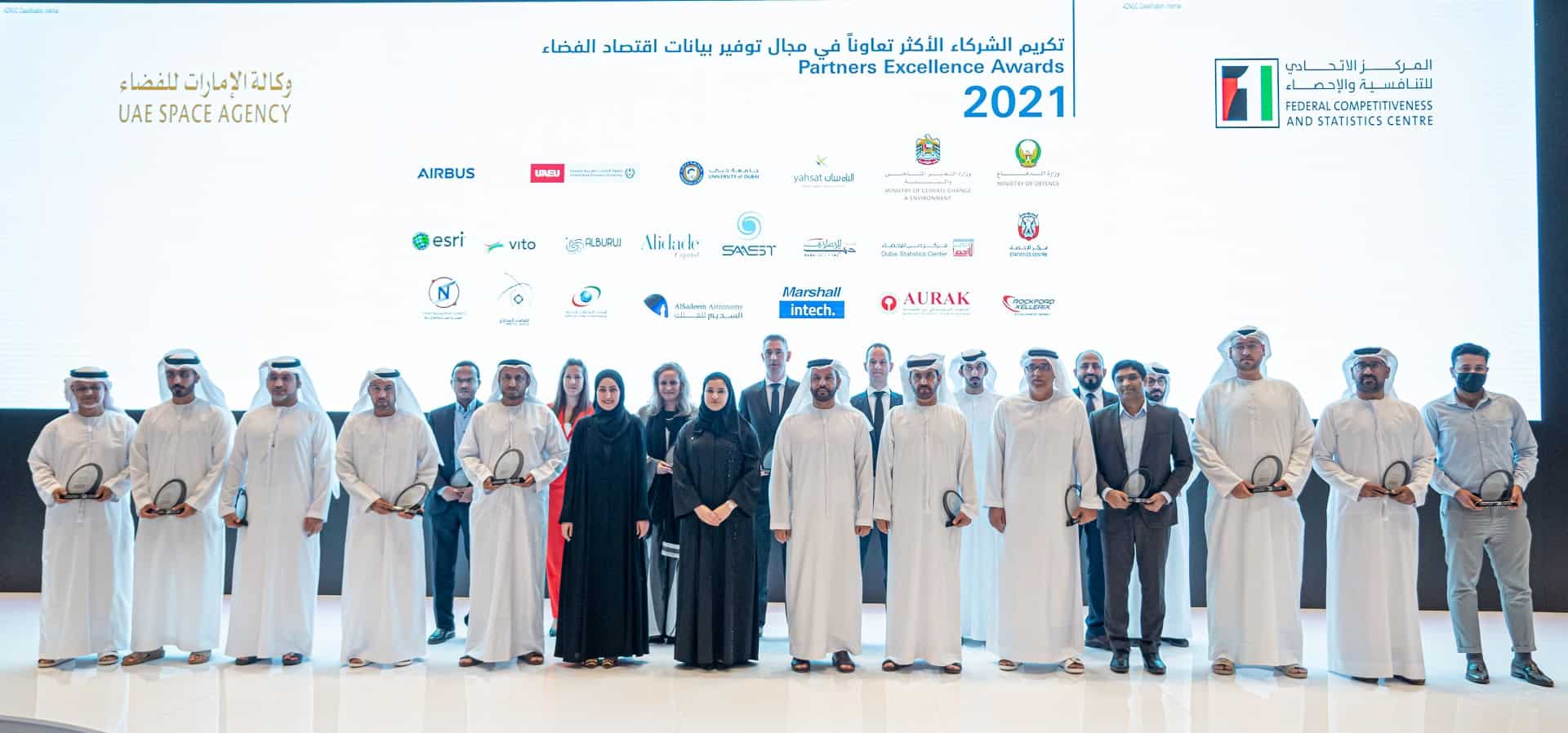Abu Dhabi, UAE— The UAE government has launched the Space Economic Survey 2022 in order to reinforce the country’s position as a top developer of space technology in the world.
The aim of the survey is to emphasize the scale of the space economy in the UAE and to measure its contribution to the country’s global growth.
One of the biggest oil producers in the world (7th in 2020), the UAE is engaged in a race to diversify its economy and the space industry is one of the “main pillars for achieving comprehensive development in the fields of science and technology and an important contributor to the non-oil GDP”, said Sarah bint Yousef Al Amiri, Minister of State for Public Education and future Technology, and chairwoman of the UAE Space Agency.
After the historic launch of Emirati astronaut Hazza Al Mansoori’s mission to the International Space Station and the success of the mission Hope, the UAE became a key player in the changing landscape of the global space economy.
“The idea behind the survey is to measure the impact and effectiveness of all those initiatives and strategies that have been put in place and executed up to now, in aim to adapt the next steps and associated strategies“, said Abdulla Al Marar, head of Space Projects Section at the UAE Space Agency, to TRENDS.
The National Survey of the Space Economy Project will focus on both governmental and private entities in the country, number of companies and people working in the sector, in addition of foreign investments and sector’s added value.
It will also measure investment efforts in research and development, and the total spending on space exploration and projects.

The survey is “an important tool that helps in enhancing the decision-making process, drawing strategic policies, contributing to economic indicators, in addition to preparing national space training plans and programs”, added Sarah Al Amiri.
The results of the survey will help to develop a strong private sector, which is “the backbone of the economy”, said Abdulla Al Marar.
“We want to create new companies, support existing ones, attract international companies and support them, so they can expand into the UAE. We want to attract startups and SMEs, so they can prove themselves in the space industry and boost research projects”, he added.
While the first space economic zone was announced in Masdar City Abu Dhabi, “another one will be launched in Dubai and other cities in the UAE will follow as well”, added Mr. Al Marar.
A pioneer in sustainability and a hub for research and development, the space economic zone will offer world-class infrastructure and an enabling environment to encourage the development of the space industry. Businesses will be offered an integrated package of benefits including incubation, office space, mentorship, networking, investment opportunities, priority access to government contracts and closer cooperation with leading global research centers.
The idea is to build a space ecosystem and to make it grow so it can contribute to the UAE economy », said Mr Al Marar.
According to OECD report, ‘The Space Economy in Figures’, global interest in the space sector has increased significantly, with satellites in orbit registered with over 80 countries, with public space budgets reaching an estimated US$75 billion in 2017.
Between 2017 -2019, UAE investments in space exceeded $5.99 billion. According to the UAE Space Agency, there were over 57 space-related establishments within the country, which have led to the creation of 1,500 jobs.
Salem Al Qubaisi, Director-General of the UAE Space Agency, said the survey “seeks to measure the performance of the space sector in the UAE, form a clear picture about the framework of this strategic sector, and actively contribute to consolidating the UAE’s position as a global hub for attracting talents, investment, and innovation.”
With inputs from WAM








